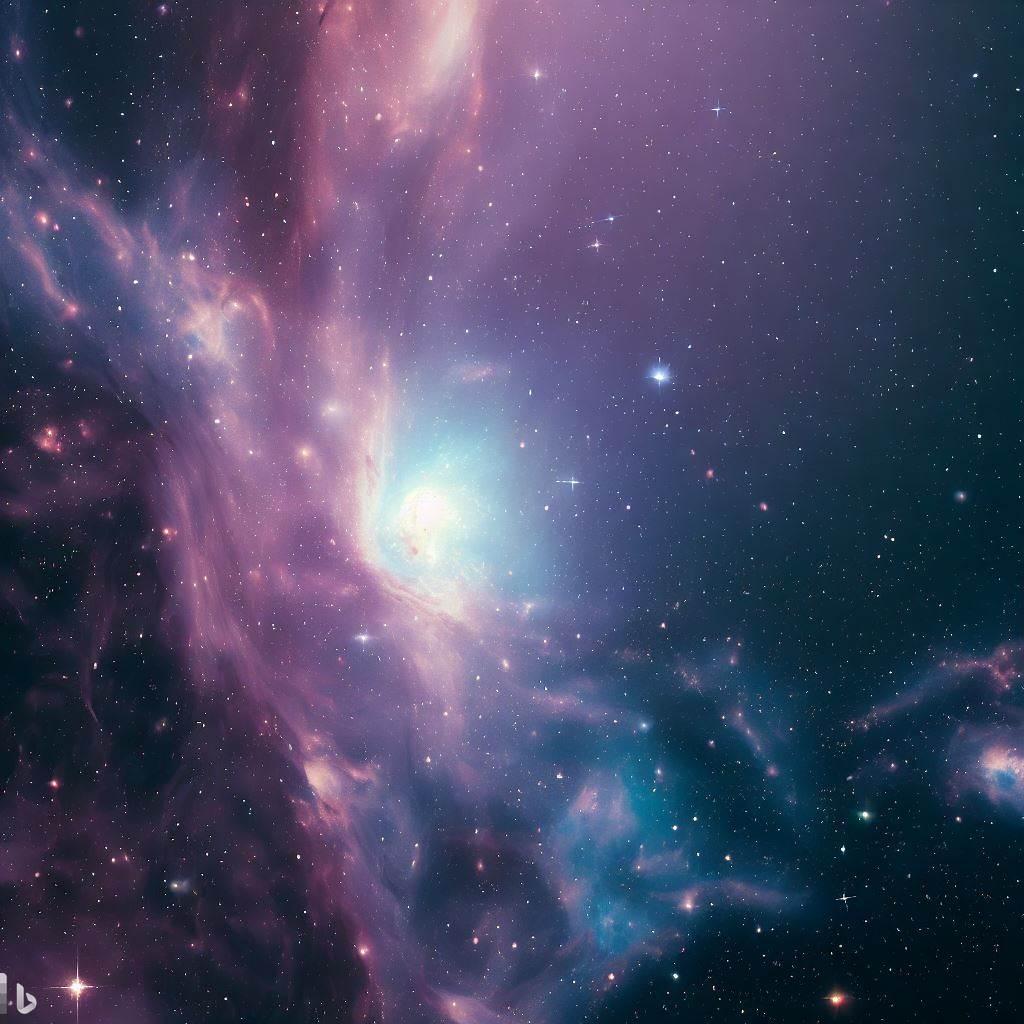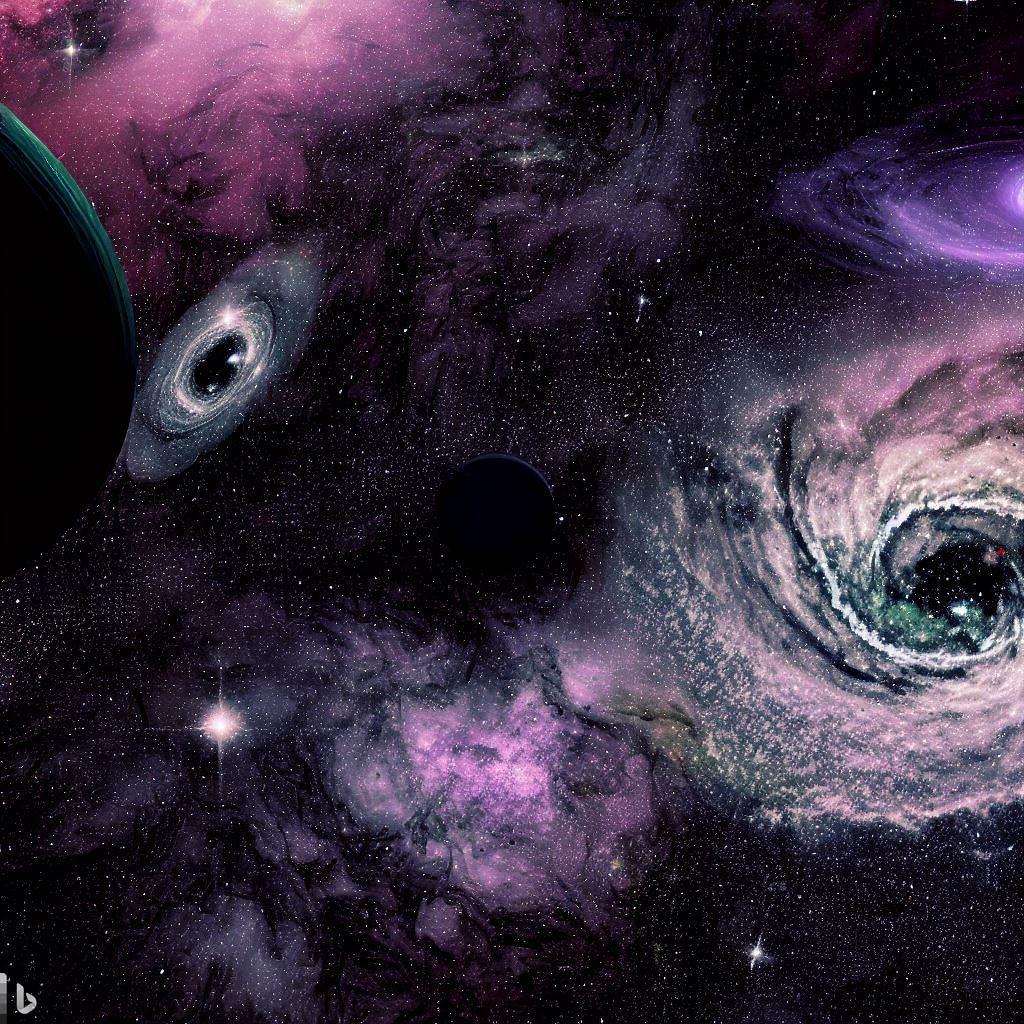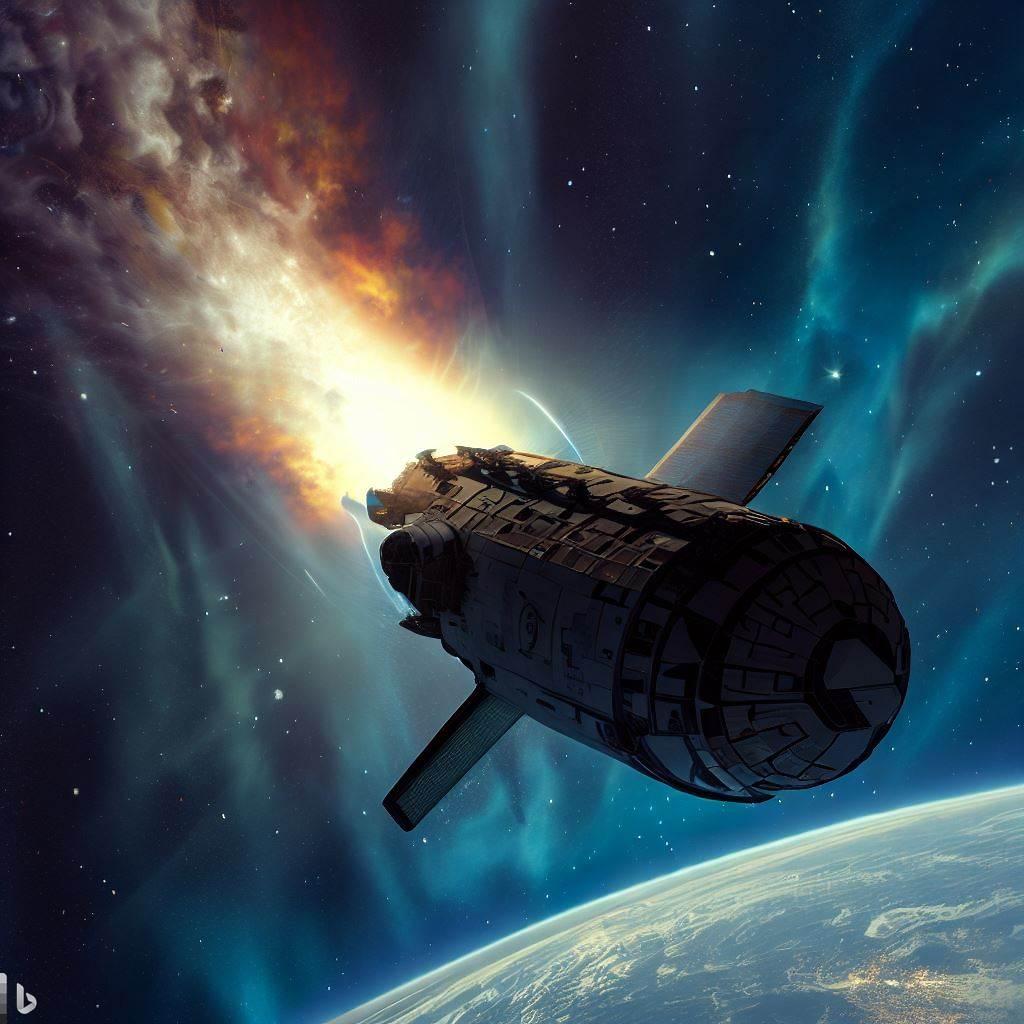The universe is a vast and mysterious place, full of dark secrets that have yet to be fully understood. From the elusive dark matter to the enigmatic dark energy, scientists have been studying the universe for decades, trying to unravel the mysteries of the cosmos. In this article, we will delve into some of the most intriguing and mysterious aspects of the universe, and explore what scientists have discovered so far.
Dark Matter: Dark matter is one of the most mysterious substances in the universe. It is believed to make up around 85% of the matter in the universe, but it cannot be directly observed as it does not emit, absorb, or reflect light. Scientists have been studying the effects of dark matter on the visible matter in the universe, such as galaxies, and have found evidence of its existence. However, the exact nature of dark matter remains a mystery, and scientists continue to search for ways to detect it.
Dark Energy: Dark energy is another mysterious force in the universe, which is believed to be responsible for the accelerating expansion of the universe. Scientists have detected the presence of dark energy through observations of distant supernovae, and other astronomical phenomena. However, the exact nature of dark energy remains unknown, and scientists are still trying to understand its properties.

Black Holes: Black holes are one of the most fascinating and mysterious objects in the universe. They are formed when massive stars collapse under their own gravity, creating a point of infinite density called a singularity. Black holes are invisible, as they do not emit or reflect light, but their presence can be detected through their gravitational effects on nearby matter. Scientists are still trying to understand the behavior of black holes and their role in the evolution of galaxies.









Add a Comment: